Language Arts & Disciplines / Literacy
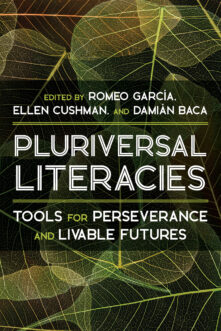
Pluriversal Literacies
Tools for Perseverance and Livable Futures
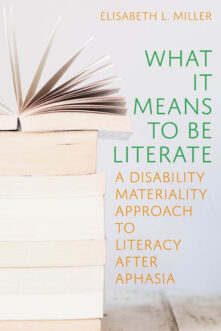
What It Means to Be Literate
A Disability Materiality Approach to Literacy after Aphasia
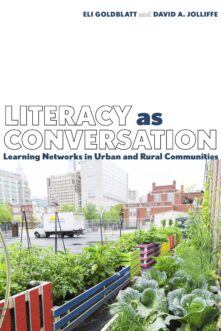
Literacy as Conversation
Learning Networks in Urban and Rural Communities
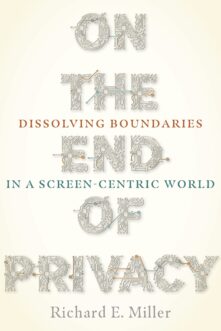
On the End of Privacy
Dissolving Boundaries in a Screen-Centric World
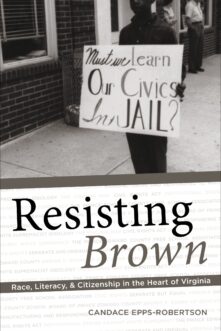
Resisting Brown
Race, Literacy, and Citizenship in the Heart of Virginia
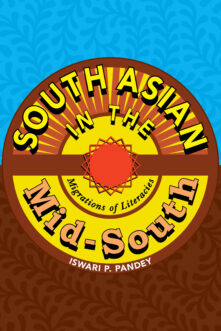
South Asian in the Mid-South
Migrations of Literacies
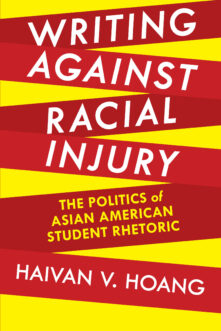
Writing against Racial Injury
The Politics of Asian American Student Rhetoric
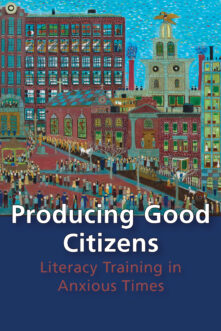
Producing Good Citizens
Literacy Training in Anxious Times
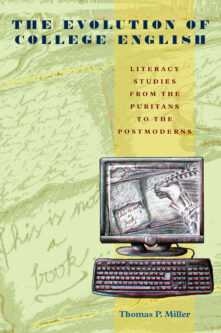
The Evolution of College English
Literacy Studies from the Puritans to the Postmoderns
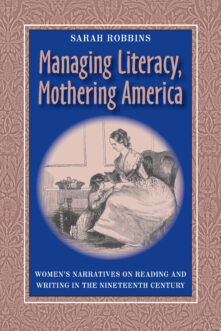
Managing Literacy Mothering America
Womens Narratives On Reading And Writing
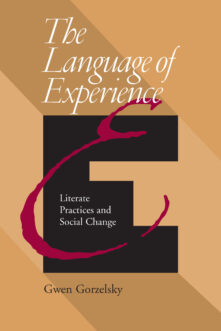
Language Of Experience
Literate Practices And Social Change
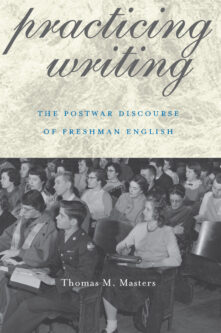
Practicing Writing
The Postwar Discourse of Freshman English
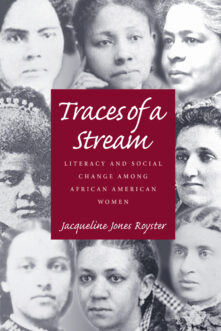
Traces Of A Stream
Literacy and Social Change Among African American Women
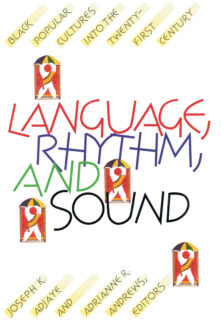
Language, Rhythm, and Sound
Black Popular Cultures into the Twenty-first Century
Total 16 results found.


